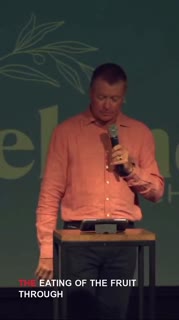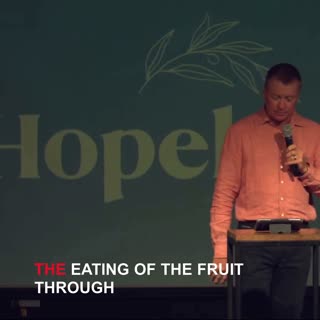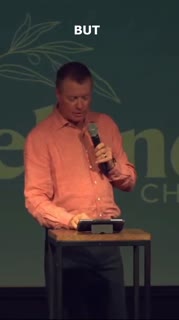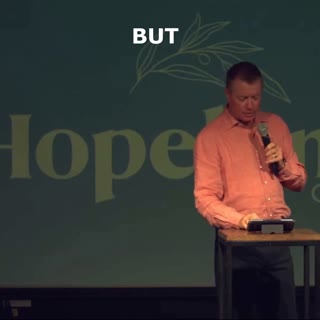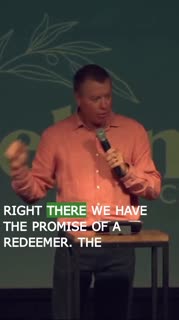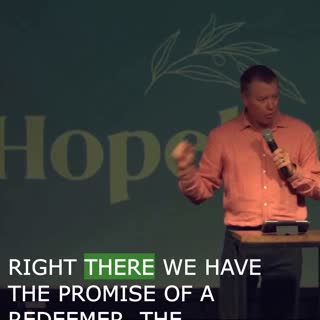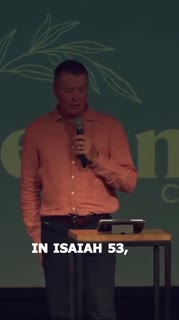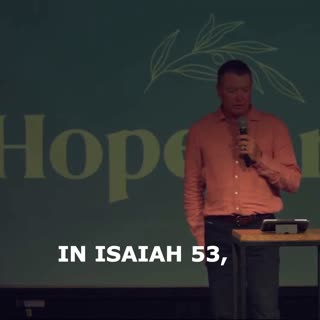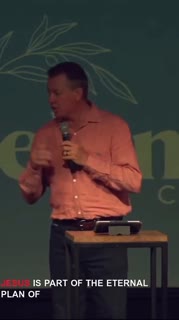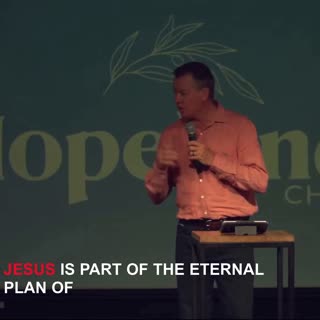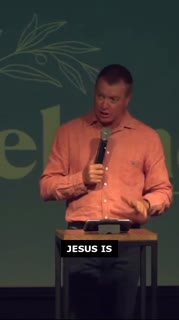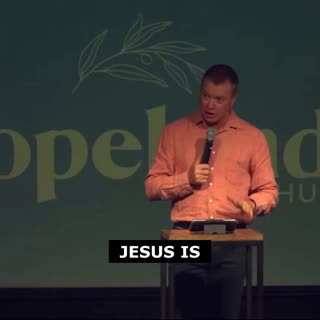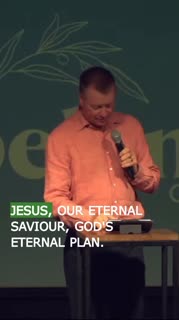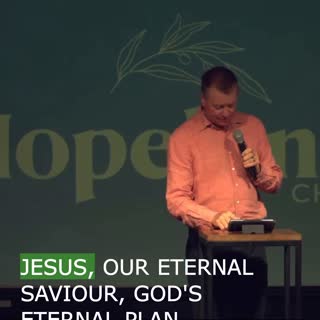Jesus: Our Eternal Savior and Redeemer
Devotional
Sermon Summary
Bible Study Guide
Sermon Clips
"The eating of the fruit through disobedience fractures their relationship with God, results in them hiding themselves, from God's presence and making the first moment of separation between the humanity and the divine." [01:11:22] (22 seconds)
"But you know, the idea of God walking with Adam and Eve is also symbolic and symbolizes in what we would say Christian theology, it symbolizes and represents God's desire to have personal, and intimate relationship with humanity, with you and I." [01:12:27] (22 seconds)
"Right there we have the promise of a redeemer. The concept of a coming Messiah or a Saviour is introduced right there in Genesis chapter 3." [01:16:19] (13 seconds)
"In Isaiah chapter 53, there's a powerful prophecy about a servant who would suffer on behalf of others, taking on their sin, and bringing them to the cross. And bringing healing." [01:21:21] (18 seconds)
"Jesus is part of the eternal plan of God. The concept that Jesus is part of the eternal plan, can also be picked up when we jump into the New Testament now, in relation to God's sovereignty and His purpose." [01:22:51] (21 seconds)
"Jesus is referenced there, as the lamb slain from the foundations of the world, underscoring the idea that His sacrificial death is part of God's, not just the second or third idea He had, but part of His eternal plan of redemption for humanity, if that's you and I." [01:25:29] (23 seconds)
"Jesus, our eternal Saviour, God's eternal plan. The Bible presents the entire history of creation and redemption. And in it, it continuously points to a Saviour, Jesus Christ. He's central to the Scriptures." [01:26:41] (36 seconds)
